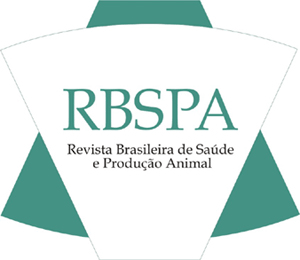SUMMARY
The objective of this study was to evaluate two proportions of marine fish residues and rice hulls on both the efficiency of composting process and the final quality of compost. Two treatments were tested: T1 – 3kg of rice husks and 1kg of marine fish residues; and T2 – 3 kg of rice husks and 3kg of marine fish residues. The following analysis were performed to evaluate the efficiency of the composting process: biomass temperature, moisture, ash, pH, mineralization index of compost, carbon/nitrogen ratio, and the total concentration of organic matter, nitrogen, carbon, phosphorus, calcium, potassium, and magnesium. Data were analyzed through ANOVA and polynomial regression and the averages were compared by SNK test at 5%. The results showed that rice husks provided immature composts at the end of 90 days of composting. Therefore, they should not be used as a structuring agent if the goal is to producing organic fertilizer. The structuring agent may be reused a larger number of times for composting of residues of marine fish, allowing that a higher proportion suffer decomposition through composting. The composting process is a technological efficient alternative to the decomposition of marine fish residues.
animal production; compost; fish; organic residues

